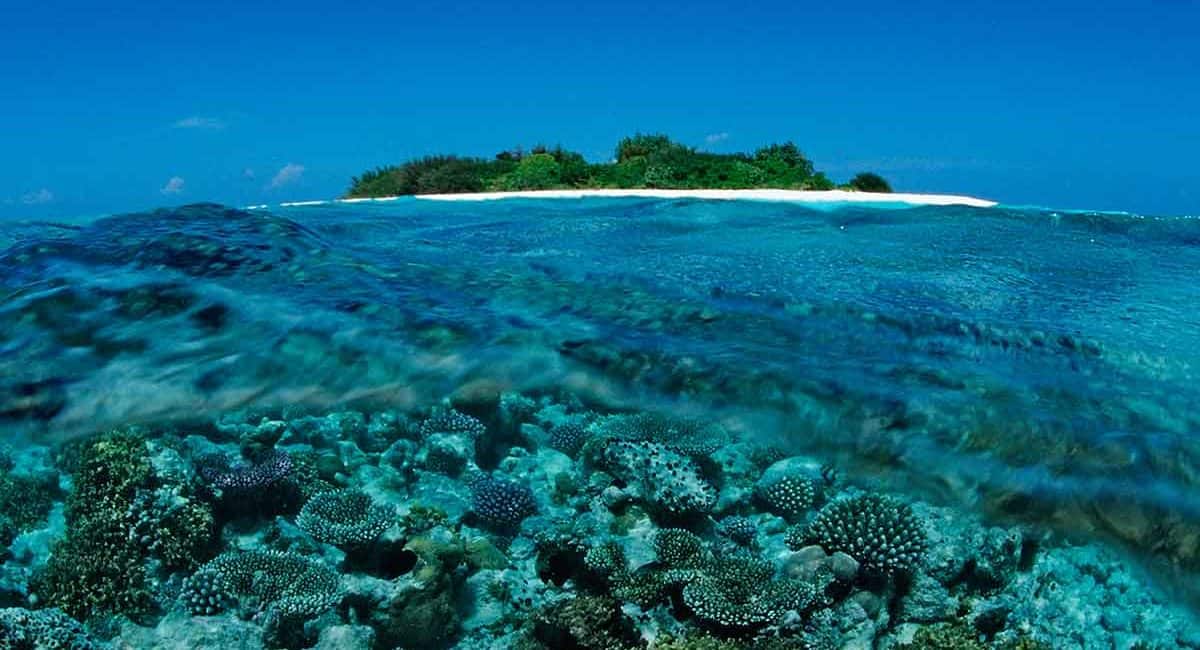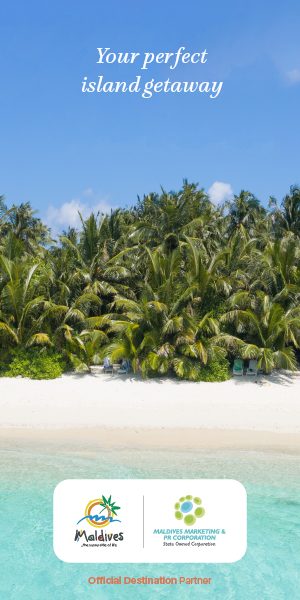His Excellency President Ibrahim Mohamed Solih has stated that the Maldives could achieve net-zero emissions as early as 2030 with international aid.
During the United Nations Climate Ambition Summit held virtually to mark the fifth anniversary of the Paris Climate Agreement on 12th December 2020, His Excellency remarked, “With the current assistance and resources available, we are on track to reduce a quarter of our emissions by 2030. While this is a positive start, we believe we have a responsibility to take a more transformational economic and environmental path. That is why we aim to reach net-zero by 2030 on the condition we receive the extensive support we need. To reach this goal we will need the realization of the financial and technical assistance that has been pledged to countries such as ours over many decades.”
He also stated that unlike countries with the luxury of still focusing on mitigation, the Maldives is already directly impacted by the climate emergency and that we are forced to take adaptive measures at a faster pace. “The Maldives understands all too well the scale of climate change and is fully committed to meeting its challenge,” he continues.
President Solih wishes to lead the Maldives by example to reduce carbon emissions and urged international partners to fulfill their responsibilities, noting that their collective efforts and cooperation are essential to cap the rise of global temperatures within the 1.5 degree Celsius limit. With the ever-changing trends in travel and tourism and the current pandemic at hand, travelers find it important to make more conscious decisions in their choice of destination and are constantly looking for creative ways to enjoy a sustainable vacation.
The resorts of the Maldives continue to make a conscious effort to practice more eco-friendly and sustainable methods of tourism. Initiatives to practice recycling of materials and elimination of plastic are already in place, along with storage of compost which is reused for organic herb gardens and powering resorts with solar panels. Coral conservation is a major part of most resorts, as well as spreading awareness on it among guests. Some tourist establishments have also made an effort to go green and are partnering up with NGOs to make these measures more effective. For example, the elimination of plastic is carried out with Parley, an NGO that turns plastic waste into amazing products such as sports gear.
As of now, there are 3 UNESCO Biosphere Reserves in the Maldives; Baa Atoll, Addu Atoll, and Fuvahmulah. Biosphere reserves are described as “learning places for sustainable development”, promoting solutions reconciling the conversation of biodiversity with its sustainable use. Designating at least one island, one reef, and one mangrove, in each atoll, as a protected area is one of President Solih’s pledges, as part of the long-term goals to make the Maldives a more eco-friendly and sustainable vacation destination for travelers, and locals alike.
Photo Credit: New Scientist




